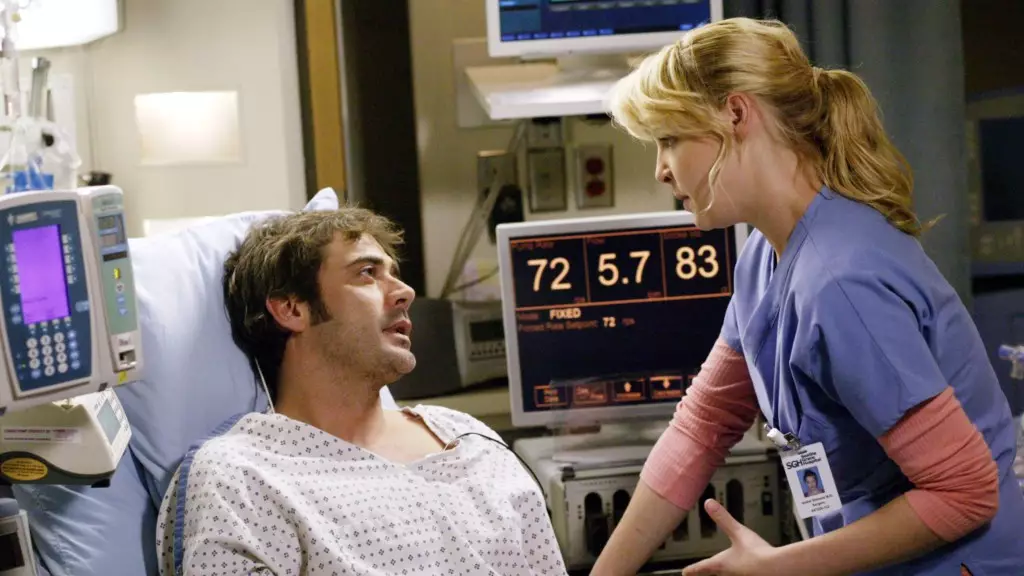For over two decades, Grey’s Anatomy has not just entertained but deeply engaged its audience with a tapestry woven from love, loss, and the complexities of medical life. The series, a brainchild of Shonda Rhimes, has become an iconic part of television history, influencing a myriad of shows that followed. The emotional depth and riveting characters created a potent viewing experience, making it hard to forget. However, with such intense storytelling comes the inevitable awkwardness that can arise from certain scenes, particularly those of a more intimate nature.
Katherine Heigl’s Regret
Katherine Heigl, who played the beloved character Izzie Stevens, recently opened up about her discomfort with certain moments on the show—specifically, a ghostly sex scene in Season 5 with Jeffrey Dean Morgan’s character, Denny Duquette. Her candid admission highlights a dichotomy present in many long-running series: the battle between artistic expression and personal boundaries. Heigl’s reluctance to watch the series with her children reveals a fascinating conflict between her professional life and maternal instincts. “It’s not just that. It’s how I’d explain it to them,” she articulated, capturing the essence of how adult content can seem entirely foreign to young viewers.
While the emotional significance behind Izzie and Denny’s relationship—including Denny’s tragic death and ghostly return—allowed for some poignant moments on-screen, it also results in awkward portrayals that can cause discomfort off-screen. Heigl described the process of filming such scenes as “confusing,” leading to the shared sentiment of unease, contrasting the emotional fulfillment for fans of the Izzie-Denny arc with the discomfort felt by the actors who portrayed it.
The Haunted Ghost of Television Past
The capacity of television to evoke different kinds of feelings shines through when actors like Morgan reflect on the complexities of their roles. He admitted to not recalling much of the character’s ethereal appearances but acknowledged that it seemed like a convoluted narrative twist at the time. Such transparency about the filming experience reveals the intricate balance creators must strike between compelling stories and the realities of performance. Just as Morgan often found himself frustrated while filming, Heigl points out the blatant awkwardness of being present yet not fully engaged in the scene—highlighting how television can sometimes blur the lines of reality.
Hearing Heigl express dread over certain scenes brings to light how performers can harbor a sense of vulnerability, even while playing characters meant to resonate deeply with audiences. It reflects a larger truth about the entertainment industry: that the emotional arcs which captivate viewers can leave lasting impacts on the actors involved.
More Than Just a Show
At its core, Grey’s Anatomy is a reflection of the human experience—filled with joy, tragedy, and everything in between. Moments of embarrassment akin to Heigl’s experience remind us that even beloved series are fraught with contradictions. Ultimately, the show encourages a conversation about boundaries, comfort levels, and the evolving nature of family viewing in an age where content is increasingly complex.
As the series continues, there remains an undeniable charm in its ability to make audiences both laugh and cry. Yet, it beckons viewers to ponder how much of what they see on screen can shape perceptions of intimacy, relationships, and their own experiences. The legacy of Grey’s Anatomy, with all its awkward and glorious moments, continues to influence how future narratives will unfold and be perceived.
